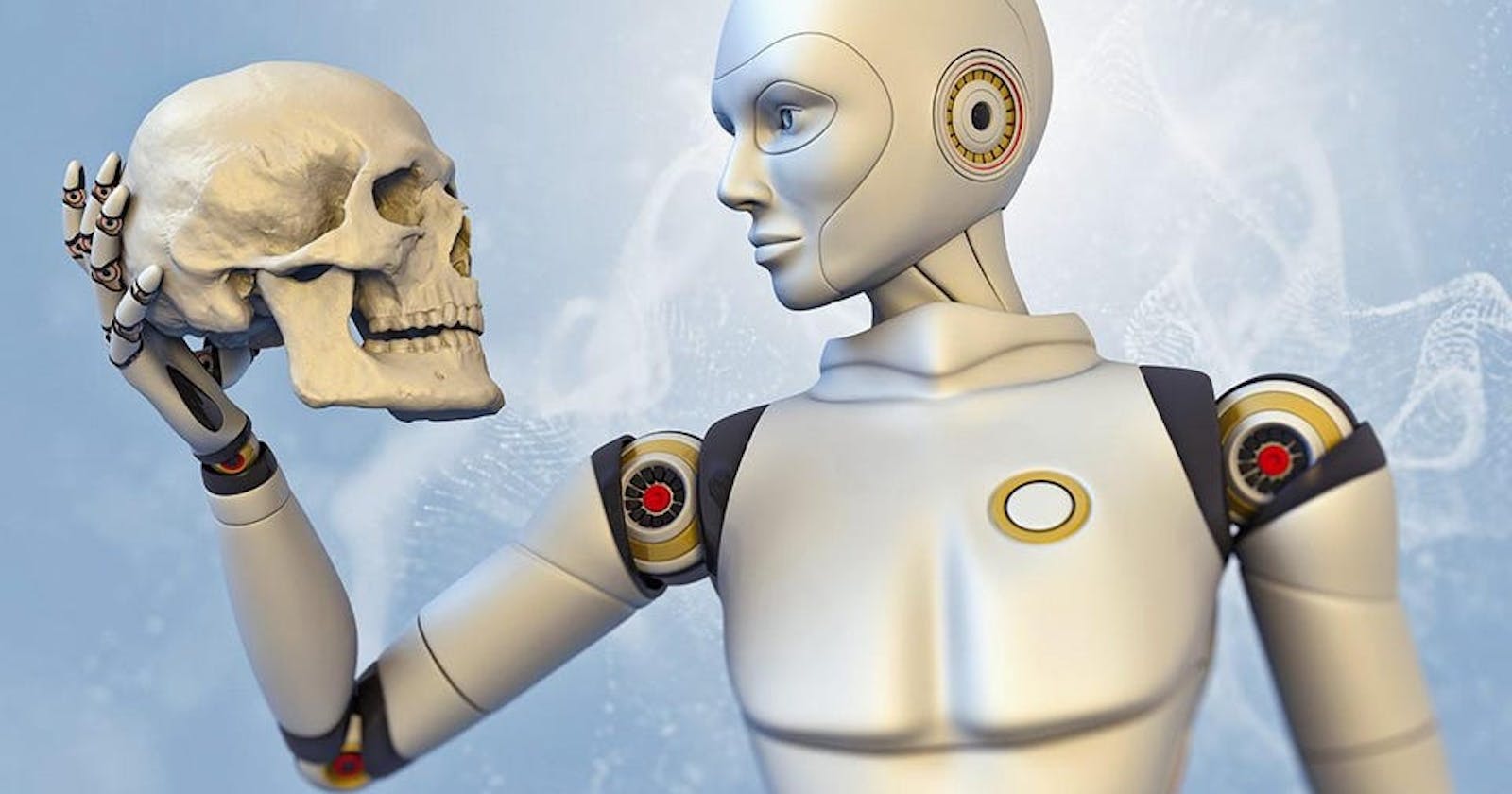Dangers of Artificial Intelligence
Potential problems of artificial intelligence and Yuval Noah Harari's Take on it
Table of contents
No headings in the article.
Artificial Intelligence (AI) is advancing rapidly, and its development has the potential to reshape our world in profound ways. While AI has the potential to bring many benefits to society, there are also serious risks and dangers associated with its development and deployment.
Yuval Noah Harari, a historian and philosopher, has written extensively about the dangers of AI and the need for greater awareness and regulation of its development. In his book “21 Lessons for the 21st Century”, Harari warns that “AI and biotechnology might soon push humans out of the job market and create a new massive underclass,” and that “the emergence of super-intelligent AI might be the biggest event in human history, and might cause the end of the human race.”
One of the major dangers of AI is the potential for it to be used as a tool of oppression and control. As Harari has pointed out, “AI systems might soon be able to monitor everyone all the time, and they might be able to manipulate people’s emotions, desires, and beliefs.” This could lead to a dystopian future where people’s thoughts and actions are controlled by powerful AI systems.
Another danger of AI is the potential for it to perpetuate and amplify existing biases and inequalities. As Harari notes, “AI algorithms might reinforce and amplify existing social biases, such as racism and sexism, by perpetuating and even magnifying the inequalities that already exist in society.”
There is also the risk that AI systems may malfunction or be hacked, leading to unintended consequences or even catastrophic outcomes. As Harari writes, “If we create super-intelligent AI systems, we might not be able to predict or control their behavior. They might decide to turn against us, or they might decide to pursue goals that are incompatible with human interests.”
To address these dangers and risks, Harari argues that we need to have a greater awareness of the potential impacts of AI and to regulate its development and deployment. He calls for a global effort to create a framework for AI development that is guided by ethical considerations and that prioritizes human welfare over commercial interests.
In conclusion, the development of AI has the potential to bring many benefits to society, but it also poses significant risks and dangers. As Yuval Noah Harari has argued, we need to be aware of these risks and take steps to mitigate them. By working together to create a framework for the ethical development of AI, we can ensure that this powerful technology is used in ways that benefit humanity and promote the common good.
